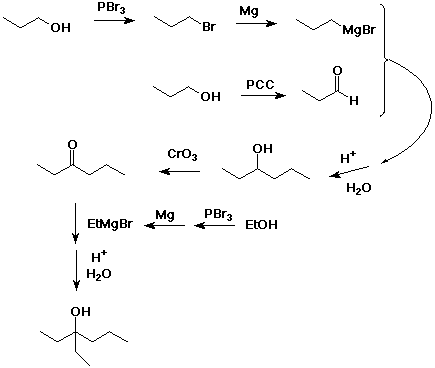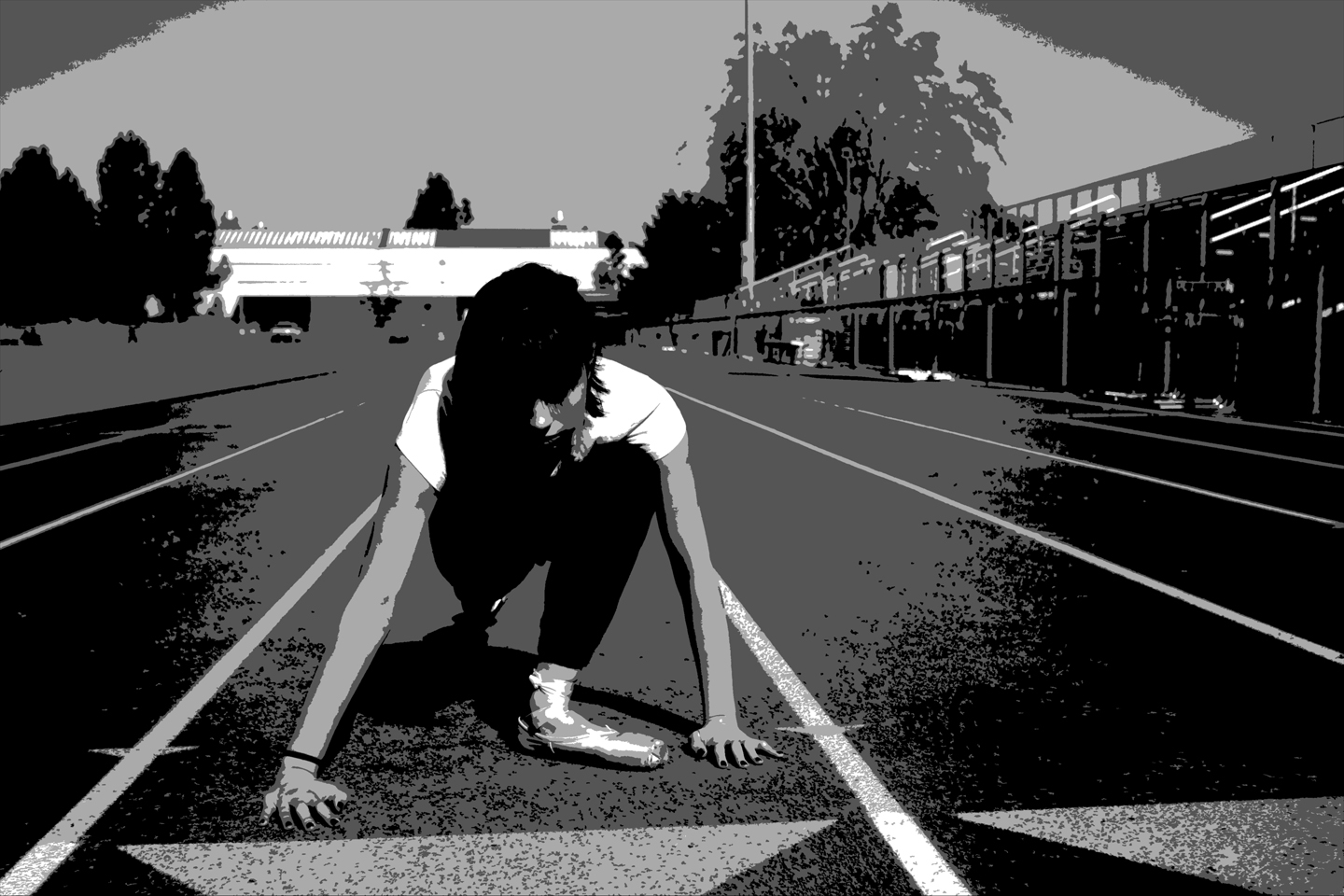Cesare Beccaria: Of Crimes and Punishments.
Cesare Beccaria was an 18th-century Italian Enlightenment philosopher. In 1764, Beccaria published an essay, “Dei delitti e delle pene” (“On Crimes and Punishments”). His writing was a reaction to the European criminal justice system that he viewed as brutal and ineffective. Torture to extract confessions was commonplace, sentences were.His 1764 publishing of Essay on Crimes and Punishments indicted the cruel and inhumane nature in which European jurisdictions dealt with crime in the 18 th century. His writings were the first criminological approaches to criminal behavior and societal response to be recognized. Beccaria was the first to stress that punishment should not be for retribution but for the purpose of deterrence.Essays on crimes and punishment 1764. formatting an essay mla sample of dissertation report need for business planning how to write a cause and effect essay examples international assignments challenges assignment worker duties breast cancer research paper conclusion net cafe business plan pdf examples of research proposal presentations, mymaths co uk online homework scholarly articles.
He also wrote a thesis On crimes and punishment which discourages the capital punishment and death penalty. Cesare beccaria along with the British philosopher JEREMY BENTHAM, The principal advocate of the classical school of criminology .Beccaria’s essay On crimes ad punishments, which was published in 1764, has helped and greatly impacted on continental European and Anglo-Americans.Essay Marcus Beccaria 's On Crimes And Punishments. Jordan Coronad History Cesare Beccaria was a criminologist and economist deriving from Italy in the 1700’s. Beccaria was most renowned for his book “On Crimes and Punishments” written in 1764. In the book he argues that Capital Punishment was not beneficial as a deterrent or even.

About this Quotation: Perhaps it is no coincidence that Beccaria’s An Essay on Crimes and Punishments appeared in 1764, the same year as Voltaire’s Philosophical Dictionary appeared in France. Voltaire’s work was an attempt to expose the religious intolerance at the heart of the French state, and torture was a common tool used by the church and state to punish or investigate heretics.












